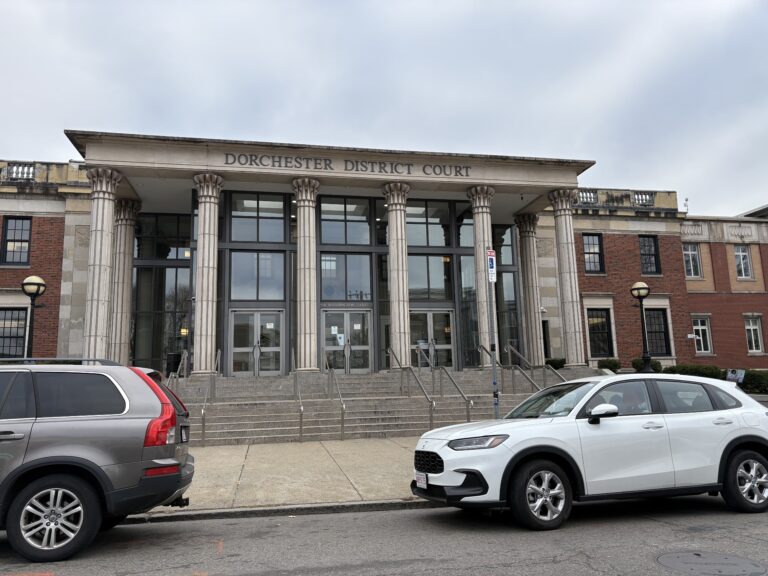If you have a friend or family member who is going through a court case, there may be times when a strong character letter can help. For example, at a bail hearing, or at sentencing, judges give weight to a defendant’s reputation and ties to the community. Your letter may be very important in assisting […]
Uncategorized
Did You Know? The Secret Court Overseeing U.S. Surveillance
Did you know that there’s a secret court in the United States that oversees government surveillance? It’s called the Foreign Intelligence Surveillance Court (FISC), and it plays a crucial role in national security—though many people have never heard of it! What Exactly Is the FISC? The FISC was created in 1978 under the Foreign Intelligence […]
Two Big MA 2A Cases: Marquis and Donnell
On March 11, 2025, the Massachusetts Supreme Judicial Court (“SJC”) issued rulings in two pivotal cases—Commonwealth v. Marquis and Commonwealth v. Donnell—addressing the Commonwealth’s firearm licensing requirements for nonresidents in the face of Second Amendment challenges. These decisions shape the legal landscape of Second Amendment rights in Massachusetts, particularly concerning how nonresidents are permitted to […]
How to Fill Out a Short Form Financial Statement in Massachusetts
Filling out the Short Form Financial Statement is a crucial step in Massachusetts Family court cases involving financial matters such as alimony, child support, or division of property. This form provides the court with a clear picture of your financial situation. If you have an attorney, follow their advice. However, there are a lot of […]
Range v. Attorney Gen., 69 F.4th 96 (3d Cir. 2023)
On December 23, 2024, the Third Circuit Court of Appeals reconsidered its own earlier decision, and came out with a blockbuster ruling about the rights of people to possess firearms. The case focused on the question of whether the law prohibiting non-violent felons from possessing firearms violated the Second Amendment of the United States Constitution. […]
Prosecutorial Immunity
When can you sue a prosecutor for wrongful conduct? By Loren Coffer, 2L at New England Law | Boston General Background “Prosecutorial immunity” is a judge-made doctrine that cloaks prosecutors in near-absolute immunity from suit. Under this doctrine, prosecutors cannot be sued for any actions related to their job as a prosecutor, no matter how […]
How Long does 58A Detention Last in MA?
How long until someone can be released from a 58A detention order in MA? The answer should be 120 days, but the truth is, it can often be much longer.
Massachusetts Updates Restraining Order 209A Requirements
On September 18, 2024, the 209A restraining order law changed. The updates make it easier for a plaintiff to obtain an abuse prevention order. The biggest amendment is that the law was broadened to include “coercive control,” rather than the prior version which required that a plaintiff be in reasonable fear of imminent bodily harm. […]
Supreme Court Decision: Smith v. Arizona, 602 U.S. 779 (2024)
SCOTUS Clarifies the Confrontation Clause By Jacob Mershon, 3L at New England Law | Boston Before analyzing the Smith v. Arizona decision from earlier this Summer, it is helpful to first discuss a line of fairly recent Supreme Court rulings that touch on the Confrontation Clause of the United States Constitution. Sylvia Crawford […]
Miranda Warnings in Massachusetts Clarified in Light of Commonwealth v. Scott Rodrigues
Understanding Your Rights: Insights from Commonwealth v. Scott Rodrigues As criminal defense attorneys, it is our duty to ensure that our clients are fully aware of their rights, especially when it comes to interactions with law enforcement. The recent decision in Commonwealth v. Scott Rodrigues provides a crucial reminder of the protections to which you […]









